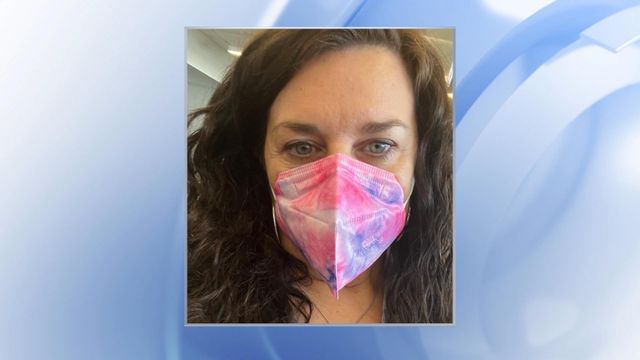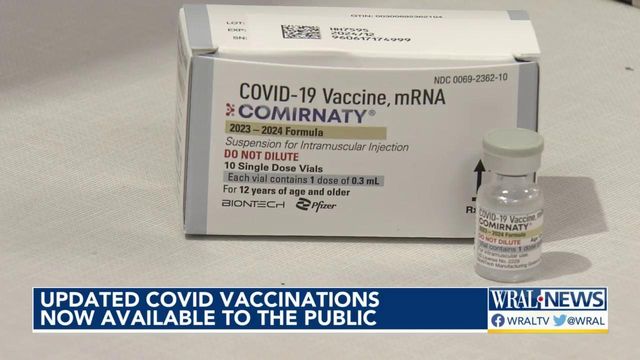Cary woman adapts to new life during years-long fight with long COVID
It’s that time of year where more and more people are catching all kinds of respiratory illnesses.
For some people, COVID-19 symptoms can linger for months – or even years. It’s called ‘long COVID.’ That is the case for Cathie Caputo.
“I thought, ‘I have a cold; I have the sniffles; I’m fine,’” she recalled.
Cathie Caputo was originally diagnosed with COVID in December 2021. Years later, she’s still dealing with several symptoms, like loss of the sense of taste. Other symptoms have gotten worse, like brain fog, fatigue and memory loss.
“It just keeps adding on top of each other,” she said. “All of the things that were so healthy prior to this, I’m now all of a sudden, having all of these health issues.”
A lot has changed in her life. She said she can no longer be as active or indulge in certain hobbies she had before, like woodwork. She also said she had to leave her job.
“The brain fog was just so bad; I wasn’t keeping up at work,” Caputo said. “I walked away from over 35 years with my company.”
Symptoms seem to get worse during the winter for many people experiencing long COVID, something Caputo can attest to. She’s not the only one dealing with these issues.
According to the Centers for Disease Control and Prevention’s most recent health survey, 6.9% of adults ever had long COVID and 3.4% had long COVID at the time of interview that was conducted in 2022. Women were more likely than men to have Long COVID.
“There’s a whole bunch of different ideas about why this is happening. It happens in other infections too,” said Dr. David Wohl, a professor of medicine at UNC Chapel Hill in infectious diseases.
He said researchers are still trying to figure out the cause of long COVID and why it happens in some people and not others.
“We don’t know right now the real cause of long COVID, so most of the treatment is symptomatic,” Wohl explained.
That’s why Caputo has to see multiple specialists. That adds another issue: the cost.
"A lot of the times, some of the remedies that they’re talking about aren’t covered by insurance," she said.
She said she’s hopeful that there will soon be more information about long COVID, specifically.
As respiratory illnesses spread, Wohl said it’s important to vigilant to prevent getting the disease in the first place.
“It’s another reason not to get COVID,” he said. “We don’t have a cure right now. But there’s a lot of research going on.”











